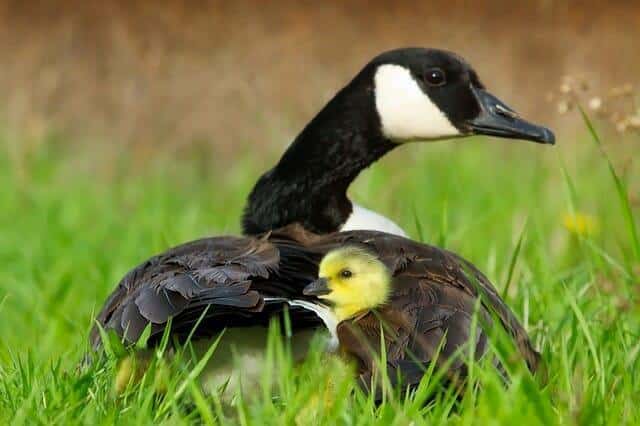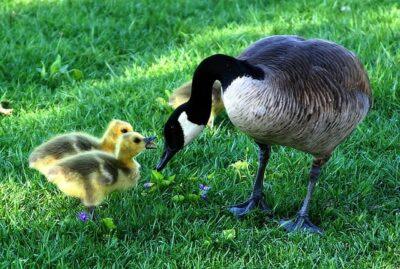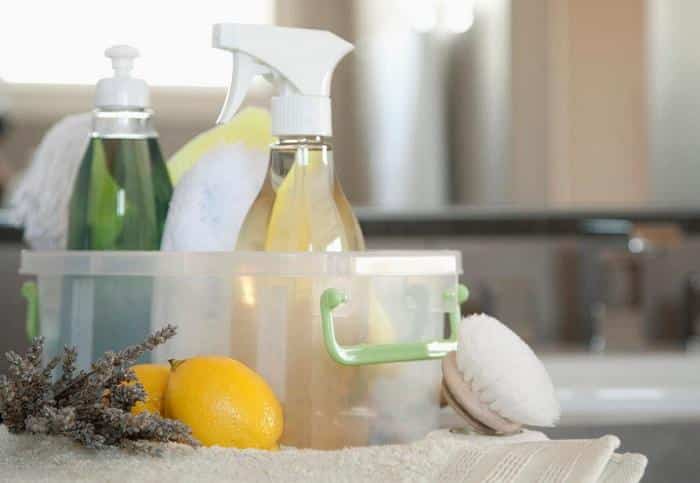
Whether you are a seasoned homesteader or are just starting out with a garden and some chickens, you should consider adding geese to the mix.
Geese are the hardiest, most self-sufficient of all poultry, and are extremely useful to have roaming around the pasture. They also are relatively easy to care for. Geese make great guard animals, and it is genuinely entertaining to just sit there in the afternoon and watch their antics; the expression “silly goose” is indeed grounded in fact.
So, if you are considering adding a few geese to the homestead, here are some facts to get you started.
A Big, Useful Bird
There are several breeds of domestic geese, with the larger varieties tipping the scales at 25-30 pounds. A more common weight range for typical market geese is 12-16 pounds, however. Although not common table fare these days, geese were prized years ago and eaten on special occasions. The Cratchits in A Christmas Carol had prepared a roasted goose for Christmas dinner, just before a reformed Ebenezer Scrooge surprised them all by buying a large turkey instead. Scrooge notwithstanding, geese have a rich, unique flavor, and a typical goose carcass will yield over 60 percent of usable meat, which is impressive for a bird so large.
Many geese are prolific layers, and some can produce up to 50-60 eggs per year. Goose eggs are roughly twice the size of chicken eggs, with a higher yolk-to-egg white ratio. They are prized in baking, and their enormous size makes them a popular novelty at many farmers’ markets. Fertile goose eggs for incubation are in-demand items, too.
Diatomaceous Earth: The All-Natural Livestock De-Wormer!
Goose down and fine feathers are also valuable. The down, especially, is used in the garment industry; your high-end pillows or expensive winter jackets are likely filled with the stuff. Finally, geese are great guard animals. They are fearless, and can hold their own against many common barnyard predators, or sound the alarm when they sense that anything is amiss.
Taking Care of Your Flock

Baby geese, or goslings, can be reared in a brooder like most other poultry. However, they grow fast, and are ready to head out to the pasture much quicker than many other birds. Start your day-old goslings in the brooder at 85 to 90 degrees, and reduce the temperature five to 10 degrees each week, until you reach 70 degrees Fahrenheit. At that point, your goslings are ready to venture outside. Goslings and young geese can be fed chick-starter in standard feeders, after which a cracked grain supplement will suffice. They also need plenty of water. Fortifying the chick starter with brewer’s yeast can help ensure your goslings get enough niacin and develop sturdy legs to carry their heavy bodies later.
Adult geese are relatively easy to take care of, especially when compared to other poultry. On a homestead, leaving them to graze a fenced-in yard or pasture is an ideal option. Although they won’t gain weight as fast as they would in confined, intensive production, they still will grow just fine, will serve as a guard force, and generally will be more content. While some people provide geese supplemental grains, many people rely on grazing alone and are successful. A typical acre of grass or pasture can easily support a flock of two to three dozen birds.
Geese are extremely cold-hardy. In the Atlantic region or southern United States, no real shelter is needed. Even in colder climates, a simple three-sided barn enclosure or shed with bed-down hay will suffice. Geese do extremely well in mixed flocks, although they can be aggressive when protecting eggs or goslings. However, they generally do not like to be confined in chicken coops at night, and prefer to simply sleep outside.
You don’t need a lake or pond to keep geese, either. Although the birds love water, don’t sweat it if you don’t have any such features in your back yard. Buy a trough, or a kiddie pool, and put enough water in it so that they can bathe themselves, they will love it. Make sure you clean the pool or trough out every few days, however; geese can make a mess of a small pool really fast.
Parting Thoughts
Geese are efficient, useful, entertaining birds that can help round out your homestead. They are easy to care for, fun to watch, and can provide an excellent return on a relatively modest investment. So, do a little more research, and then get your flock started right away.
Do you own geese? What advice would you add? Share it in the section below:











